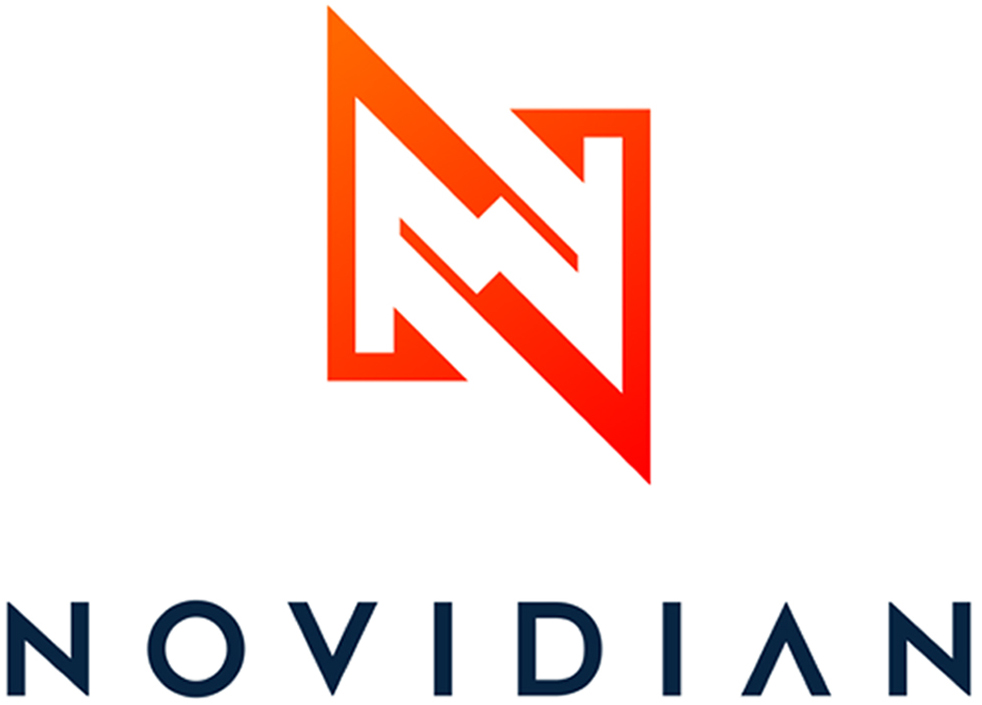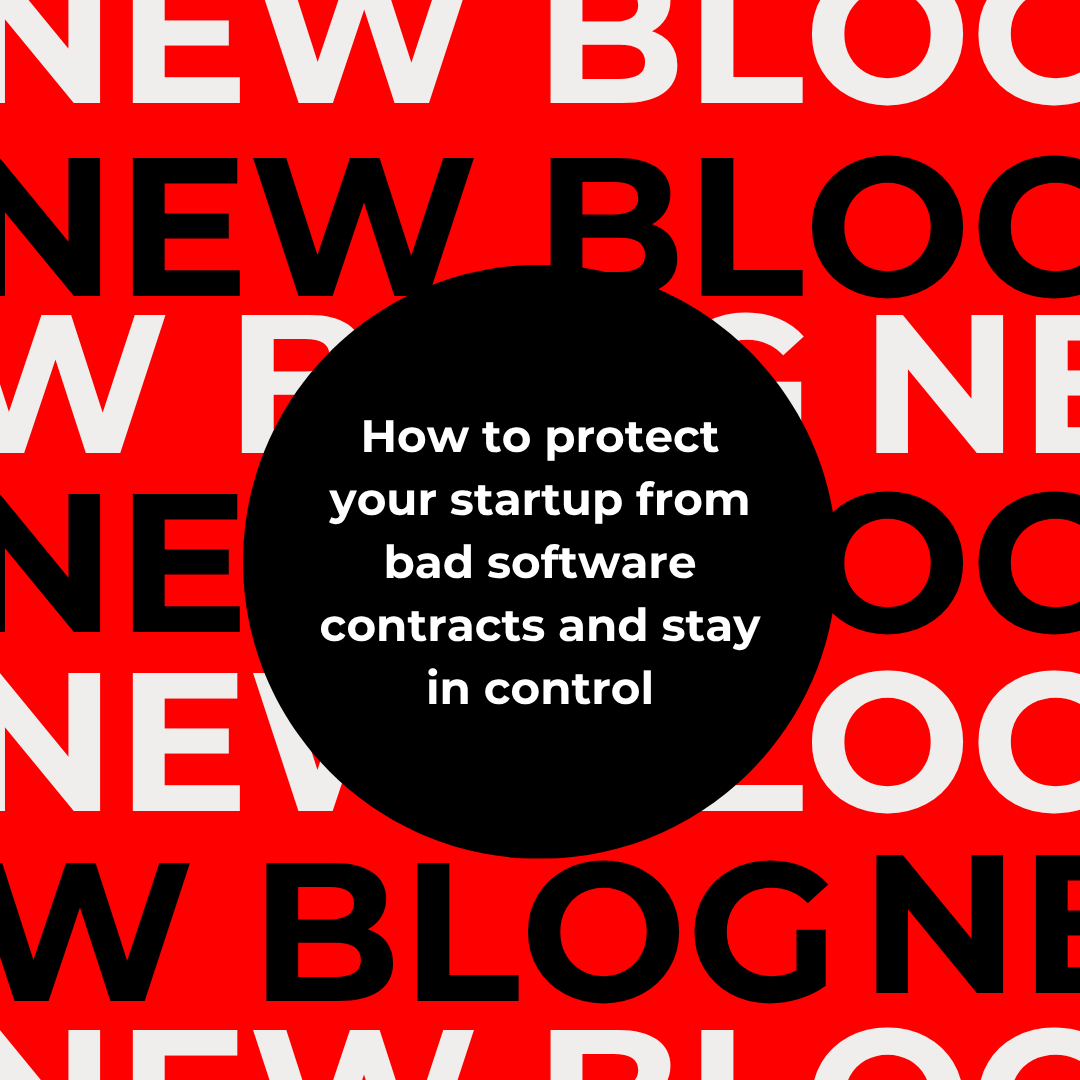How to protect your startup from bad software contracts and stay in control
For non-technical startup founders, securing a development partner often feels like a major milestone
But hidden inside many software development contracts are risks that don’t reveal themselves until far too late, usually when you’re trying to scale, fundraise or make strategic pivots.
At Novidian, we’ve seen too many founders hand over control of their product (and their company’s future) without realising it. The good news? These risks are avoidable when you know where to look and have the right technical leadership on your side.
The contract is designed to protect the consultancy — not you
Software consultancies, like most service providers, design their contracts to:
- Maximise revenue security
- Limit their own liability
- Retain intellectual property rights where possible
- Control the delivery narrative
This doesn’t automatically mean bad faith but it does mean that as the founder, you carry most of the downside risk if you don’t fully understand the technical and legal implications of what you’re signing.
Four common contract traps we see
1. Vague or ambiguous deliverables
Software consultancies often use language that appears flexible but is dangerously open-ended, such as:
“Functionality as discussed”
“Reasonable scope adjustments”
“Features to be mutually agreed”
“As-needed post-launch support”
These phrases may seem harmless upfront but can leave you exposed when:
- Disputes arise about what was included
- Extra features are quoted as change orders
- Deadlines slip under the guise of scope negotiation
Clear, detailed, and fully itemised deliverables are your first line of defence.
2. Intellectual property (IP) ownership gaps
Many startup founders mistakenly assume that paying for development means automatic full ownership of the software. But depending on the contract structure, you may end up with:
- Shared ownership or agency-retained IP rights
- License-based access to proprietary components
- Restrictions on code portability or reuse
- Without full IP transfer clauses, you may not legally own the core asset of your startup.
This becomes a red flag for investors conducting technical due diligence.
3. Vendor lock-in through proprietary frameworks
Some software consultancies intentionally build your platform on:
- Proprietary code libraries
- Customised internal tools only they control
- Hosted environments owned and managed by them
- Password-protected or agency-owned repositories
This can create a vendor lock-in scenario, where switching agencies becomes extremely expensive or impossible and new developers struggle to take over the codebase. Ultimately, you become permanently dependent on the original consultancy’s services.
4. Lack of independent audit rights
Many founders lack the ability to:
- Validate whether billed hours reflect actual work done
- Review code quality during delivery
- Conduct independent security or scalability audits
Without contractual audit rights, you’re left trusting the consultancy’s internal QA, which may not align with investor expectations.
The startup cost of signing blind
These contract risks can surface months, or even years, later:
- When seeking VC funding and facing technical due diligence
- When needing to scale or refactor the product
- When switching providers becomes cost-prohibitive
- When IP issues block acquisition or partnership discussions
At that stage, fixing contract mistakes becomes far more expensive than avoiding them upfront.
You don’t need to be a legal expert. You need independent technical leadership
Most founders aren’t trained to review software development contracts. That’s not your job.
But it is the job of experienced technical leaders who’ve reviewed, negotiated, and executed dozens of these agreements across multiple vendors.
This is exactly where Novidian’s pay-as-you-go CTO service helps protect your startup.
Before you sign any software agency contract, our fractional CTOs provide:
- Independent contract review with a technical lens
- Vendor proposal analysis to flag risky terms
- Clear deliverables mapping to avoid scope disputes
- Full IP ownership safeguards built into contracts
- Vendor lock-in protection and portability planning
- Ongoing project oversight to ensure compliance
We work exclusively for one party: you, the founder.
Technical leadership is a safeguard
Building your product without independent technical advice is like signing investment term sheets without legal counsel. You wouldn’t do that. You shouldn’t do this either.
With Novidian on your side, you:
- Stay fully in control of your product
- Protect your company’s most valuable IP
- Minimize unnecessary risk and lock-in
- Build with investor confidence from day one
Before you sign any agency contract, speak to Novidian.
Missed earlier posts in this series?
Part 1: Why non-tech founders struggle to manage software consultancies (and how to stay in control)
Part 2: How software consultancies overcomplicate projects and how to build leaner, smarter MVPs

